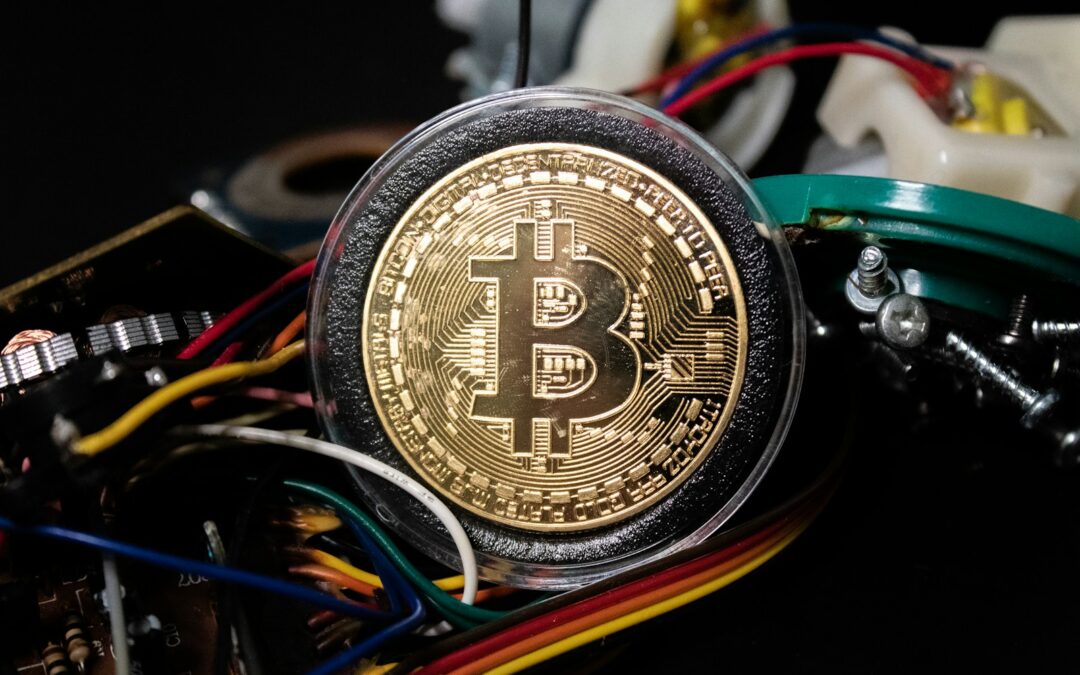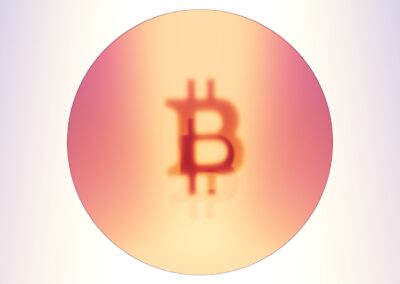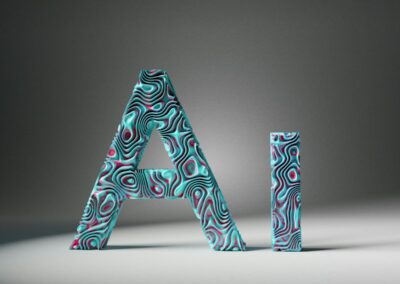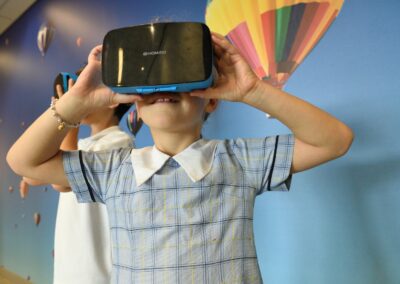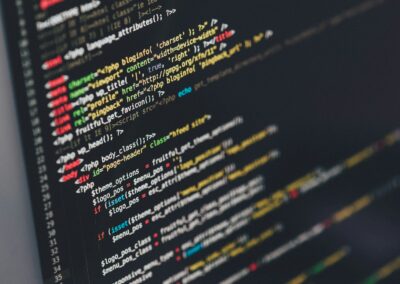Enabling Unique and Verifiable Digital Identities and Assets
The Impact of Blockchain Technology on Social Dynamics
The integration of blockchain technology and NFTs in social dynamics is revolutionizing how we interact, create, and establish our identities in the digital realm. Blockchain technology, with its decentralized and transparent nature, provides a secure foundation for managing digital identities and assets. In progressive regions like Saudi Arabia and the UAE, where technological innovation is highly encouraged, the adoption of blockchain and NFTs is paving the way for new forms of social interaction and economic opportunities.
Blockchain technology ensures that digital identities are secure, verifiable, and immutable. Unlike traditional systems where identity management is centralized and susceptible to breaches, blockchain allows individuals to own and control their digital identities. This decentralized approach enhances privacy and security, making it particularly valuable in professional settings. For instance, a business executive in Riyadh can use blockchain to secure their professional credentials, ensuring that their qualifications are verifiable and tamper-proof.
Moreover, the use of blockchain extends beyond identity management to include digital assets. Non-fungible tokens (NFTs), which are unique digital assets verified on the blockchain, enable individuals to create, own, and trade digital items with provable scarcity and authenticity. This capability transforms social dynamics by introducing new forms of ownership and value exchange. In vibrant markets like Dubai, artists and creators can leverage NFTs to monetize their digital art, music, and other creative works, reaching a global audience without intermediaries.
Enhancing Social Interactions with NFTs
NFTs are at the forefront of transforming social interactions by enabling unique and verifiable digital assets. These tokens can represent anything from art and music to virtual real estate and in-game items. By providing proof of ownership and authenticity, NFTs foster trust and transparency in digital transactions. In regions like Saudi Arabia and the UAE, where there is a strong emphasis on fostering innovation and creativity, NFTs offer a new avenue for individuals and businesses to engage in the digital economy.
One of the significant impacts of NFTs on social dynamics is the democratization of content creation and distribution. Traditionally, creators had to rely on centralized platforms and intermediaries to reach their audience and monetize their work. NFTs eliminate these barriers by allowing creators to sell their work directly to consumers. This direct engagement not only enhances the creator-consumer relationship but also ensures that creators receive a fair share of the value generated by their work. For example, a digital artist in Dubai can mint their artwork as NFTs and sell them on blockchain-based marketplaces, reaching collectors worldwide.
Additionally, NFTs enable the creation of virtual communities centered around shared interests and assets. Owners of specific NFTs can form exclusive groups, participate in virtual events, and collaborate on projects. This sense of community and belonging enhances social interactions and provides new opportunities for networking and collaboration. In cities like Riyadh, where professional networks are crucial for business success, NFTs can facilitate the formation of niche communities and foster stronger connections among like-minded individuals.
Blockchain and NFTs in the Metaverse
The integration of blockchain technology and NFTs is particularly impactful within the Metaverse, a collective virtual shared space created by the convergence of virtually enhanced physical reality and physically persistent virtual space. In the Metaverse, users can interact with each other and digital environments in real-time, creating immersive experiences. Blockchain and NFTs play a critical role in establishing ownership, identity, and value within this digital universe.
Blockchain provides the infrastructure for secure and transparent transactions in the Metaverse. Every action, transaction, and ownership transfer can be recorded on the blockchain, ensuring that the digital economy within the Metaverse is trustworthy and tamper-proof. This transparency is essential for building trust among users and enabling the seamless exchange of digital assets. For instance, a virtual real estate transaction in the Metaverse, facilitated by blockchain, ensures that ownership records are indisputable and publicly verifiable.
NFTs enhance the Metaverse experience by allowing users to own and trade unique digital items. These items can include virtual land, avatars, clothing, accessories, and more. The ability to prove ownership and authenticity of these items adds value and creates a vibrant digital economy. In progressive markets like Dubai and Riyadh, businesses can leverage NFTs to create branded virtual experiences, engage customers, and generate new revenue streams. For example, a luxury brand in Dubai might create limited-edition virtual accessories as NFTs, allowing customers to showcase their digital assets within the Metaverse.
The Future of Social Dynamics with Blockchain and NFTs
The future of social dynamics with the integration of blockchain technology and NFTs is promising, with endless possibilities for innovation and growth. As these technologies continue to evolve, their impact on social interactions, digital identities, and economic activities will become even more profound. In regions like Saudi Arabia and the UAE, where there is a strong commitment to technological advancement and digital transformation, embracing blockchain and NFTs can drive significant social and economic benefits.
One of the key future developments is the increased interoperability of blockchain networks. Currently, many blockchain platforms operate in silos, limiting the seamless transfer of assets and identities across different ecosystems. Efforts to create interoperable blockchain networks will enable users to move their digital identities and assets freely between platforms, enhancing the fluidity and flexibility of digital interactions. This interoperability will be crucial for the growth of the Metaverse, where users will navigate multiple virtual worlds and platforms.
Another important trend is the integration of artificial intelligence (AI) with blockchain and NFTs. AI can enhance the creation, management, and personalization of digital identities and assets. For example, AI algorithms can analyze user behavior and preferences to generate personalized NFTs or optimize virtual interactions. In innovative markets like Riyadh and Dubai, combining AI with blockchain and NFTs can create more engaging and tailored digital experiences, driving user satisfaction and retention.
Conclusion
In conclusion, the integration of blockchain technology and NFTs is transforming social dynamics by enabling unique and verifiable digital identities and assets. These technologies provide a secure and transparent foundation for digital interactions, fostering trust and innovation. For regions like Saudi Arabia and the UAE, embracing blockchain and NFTs can drive social and economic growth, positioning them as leaders in the digital age. By leveraging these technologies, businesses and individuals can create new forms of value, enhance social interactions, and unlock the full potential of the digital economy.
—
#BlockchainTechnology #NFTs #SocialDynamics #DigitalIdentities #DigitalAssets #Metaverse #ArtificialIntelligence #BusinessSuccess #Leadership #ManagementSkills #SaudiArabia #UAE #Riyadh #Dubai #ModernTechnology

